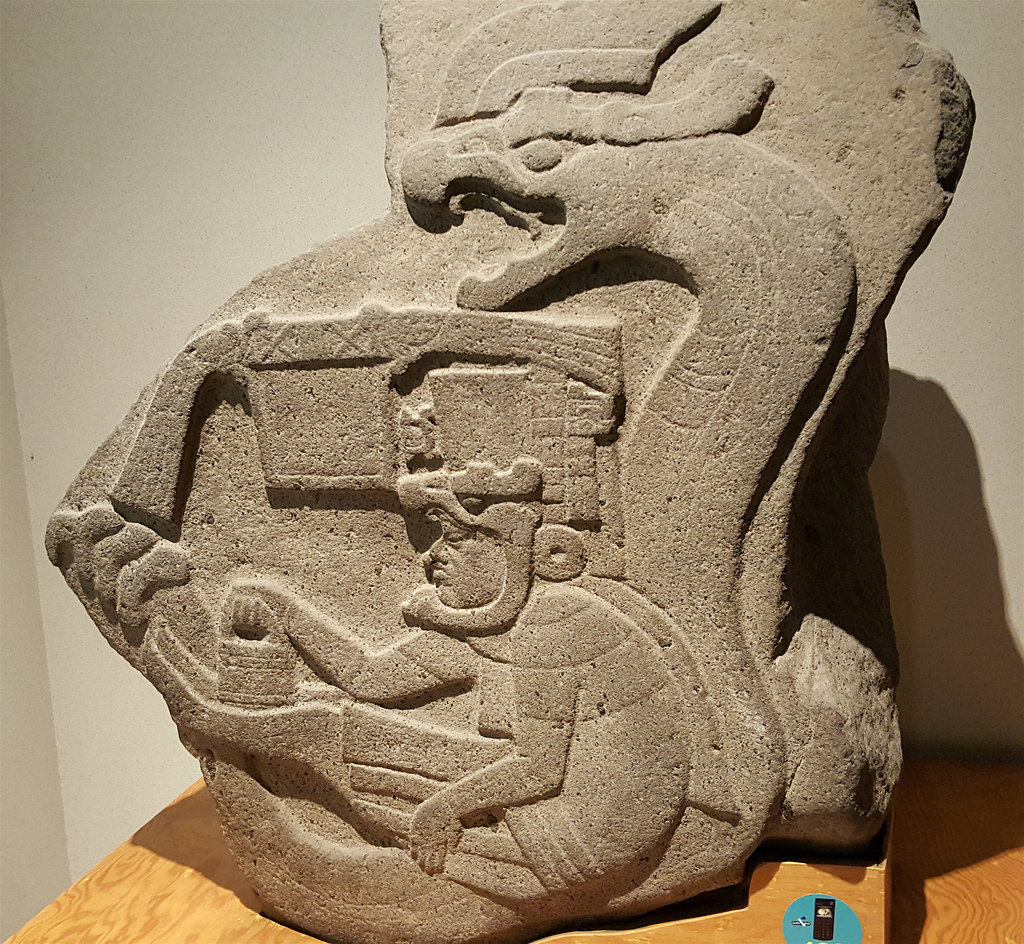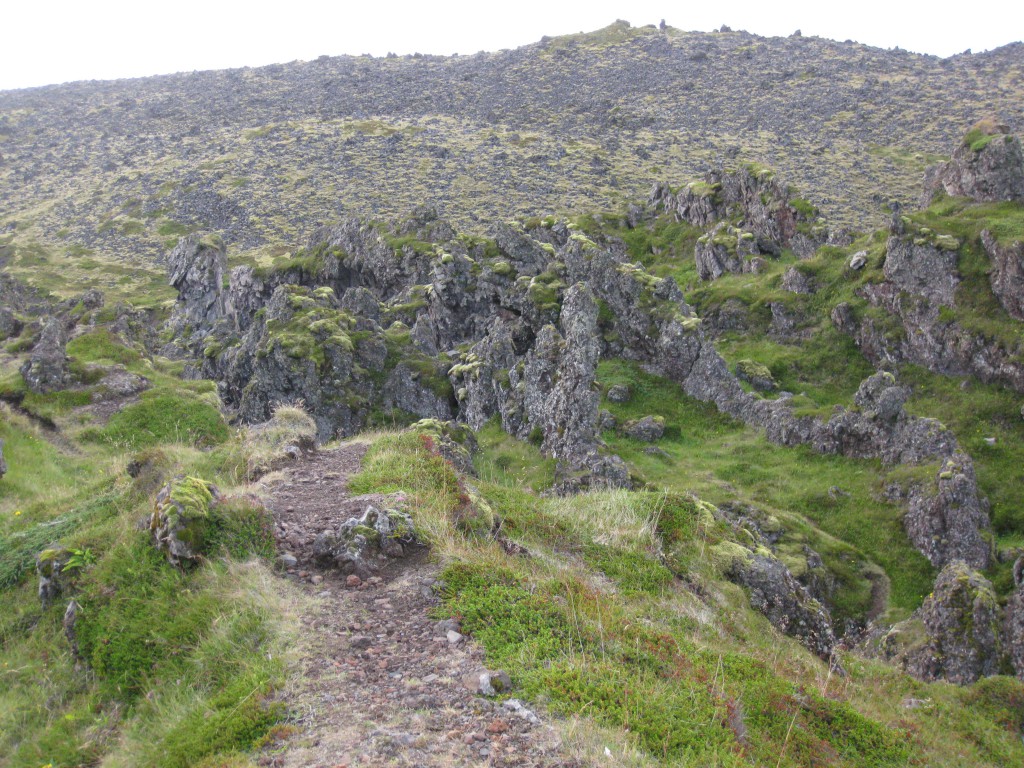There is a similar paper with an anthropological tonality for the EPIC Conference in Sao Paulo, in September 2015, but we are awaiting word on this business anthropological organization’s acceptance. I would welcome comments, additions, or suggestions from fellow researchers and clients alike. Description of session content This session will communicate the provocative dynamics, results, and implications of an exciting researcher-on-researcher qualitative project conducted by cultural anthropologists who are specialists in observation and who have long been fascinated by the subject of the gaze, worked for years with (and occasionally without) client teams, and enjoy speculating on what being observed by client teams means for research, researcher, and participant. Our definition of the gaze starts very simply, i.e., as the researcher’s state of mind, emotions, internal and external sense of value, sense of power and freedom, and specific actions that result from an awareness that one is being viewed and impacted by an authoritative client presence. Our dual collaboration as anthropologically oriented ethnographers and moderators will identify how other researchers feel about the gaze and how their reporting of experiences related to the gaze can benefit others in improving and expanding client relationships, clarifying modes of observation, better negotiating methodologies, scope, process, findings, and techniques with clients, and achieving more positive outcomes in research…generating a win-win experience for both researcher and client. The gaze project is based upon findings from dual anthropologist-moderated in-depth interviews with researchers using Skype or in-person depth psychological processes. Representative qualitative researchers are interviewed from inside and out of the QRCA, from the U.S., Canada, and Europe, drawing from the interactions and feelings of highly experienced moderators of live groups, IDIs, and ethnographies, specialists in online research, as well as trained academic cultural anthropologists and psychologists. We include interviews that are a mix of ages, genders, and specialties in qualitative researchers, cultural anthropology, business anthropologists, cognitive and depth psychology, representing a blend of expertise and clients. The research has a longitudinal aspect: Each researcher-participant is being interviewed twice, with the second interview a few weeks from the first to gain deeper insight into the gaze topic once introduced and speculated upon previously. Case histories and narratives will describe how the gaze differs by type of client, when the client gaze is welcome and when it’s not, how the course of a project changes when there is a deep gaze vs. lack of involvement, the delights and challenges of being observed by clients, how knowledge is produced during the gaze, and thoughts on the alternation of researcher roles as both subject of the gaze and as the one who is observing the subject-participant. Outline of session This researcher-on-researcher project is thought to include brief theoretical foundations of the subject of the gaze, then report key insights and findings from researchers to define how the power, motivation, and expertise of the client gaze influences qualitative research positively and negatively. This is especially relevant within the ever-intensifying atmosphere and potentially changing client observation and relationships within hybrid, digital methodologies, big data, online communities, and social media research with which qualitative research like groups, IDIs, and ethnographies now compete and interact. Interactive gaze exercises and a section of best practices for client relationships, gleaned from our participating researchers, will add closure to the workshop’s powerful communication of what being a researcher in relationship with clients means in contemporary life. It’s 60 minutes in length, and I want to leave time for audience participation and interactivity. However, potential sections could include the following: How the client gaze impacts contemporary qualitative researcher feelings, performance, choice of methodologies, and perceived strength of outcomes Learn which client interactions on your research seem productive, empowering, and beneficial; which are difficult, distracting, and counterproductive; and how to make them better Differences between the client gaze in live research vs. the gaze of observers of online boards, chats, and communities How researchers are affected, enhanced, changed, and shifted by the gaze and physical presence of client teams related to personal performance, creativity, thinking quality, risk taking and question style with participants, development of meaningful insights, and output How researchers define the better, more powerful and productive client team vs. the team that needs researcher problem solving, forbearance, and negotiation with some illustrative videos from real-life ethnography Implications for best practices with ways to improve client relationships and working experiences Surprising outcomes from a key question: If they could do it all over, which researcher would choose the client gaze again and which would choose a research life without clients Differences between American, UK, and European researchers with regard to the client gaze There will be opportunity for interactive learning and trying out of observational exercises to intensify knowledge of and negotiation of the client gaze This is a totally new study, still in process, with groundbreaking implications. The timing of this workshop/study – with its integration of some academic theory, an intense qualitative research methodological basis, deep results from actual researchers, development and execution by two cultural anthropologists who are skilled in observation, and its inclusion of interactivity and practical results – seems relevant now that the Qualitative Research Consultants Association is openly admitting new styles of qualitative researchers like academic researchers and special qualitative consultants who specialize in qualitative methodologies.







